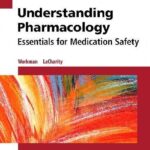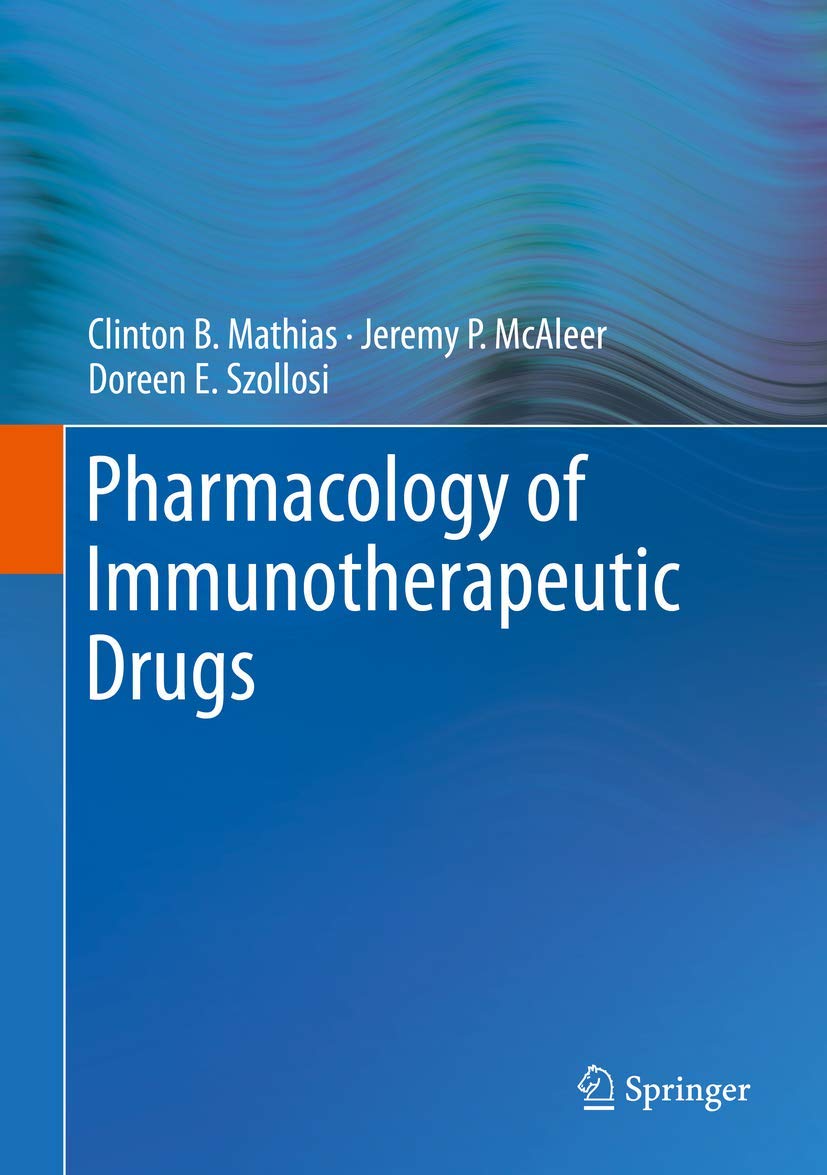
Medicine has entered a golden age in which therapeutic agents are becoming widely available due to advances in basic science and technology. As such, many drugs have been developed that target inflammatory processes and/or the immune system. This book is intended for health professionals examining the modulation of inflammation by immunotherapeutic drugs.
The immune system fills the primordial role of host defense and resistance to infections with pathogenic microorganisms. Several hematopoietic-derived cells constituting the innate and adaptive immune systems cooperate to provide barriers for microbial colonization and/or promote pathogen destruction within the host. Conversely, many immune cells are also involved in the pathogenesis and propagation of chronic inflammatory diseases.
The beginning of this book details various components of the immune system including the cell types, lymphoid tissues, soluble cytokines and surface molecules that are essentialfor host defense. Breakdowns in immune tolerance, or dysregulated immune responses to antigens derived from self tissues or innocuous sources, can lead to the development of autoimmunity or chronic inflammatory diseases. Pathophysiologic roles for the immune system are detailed in corresponding chapters on autoimmunity, epithelial surfaces (lungs, skin, intestine), and transplantation, with special emphasis placed on immunotherapeutic drug targets. The last section of the book focuses on treatments that stimulate our immune system to specifically target and fight infectious diseases and cancer. In each chapter, the medications used to treat various diseases/conditions in terms of their mechanism of action and other pharmacologic properties are detailed. Chapters begin with a table showing drug names and classifications. The importance of basic science and clinical trials cannot be understated in the context of drug development. As such, the discovery of certain medicationsthat had a lasting impact in medicine and pharmacy are highlighted in chapter subsections named “Bench to Bedside.” Several clinical applications of immunotherapeutic drugs are described within end-of -chapter case studies including practice questions.
The Pharmacology of Immunotherapeutic Drugs is a reference for immunologists and clinicians (medical doctors, pharmacists, nurses) examining the modulation of inflammatory processes by a variety of medications targeting the cells and mediators of our immune system.
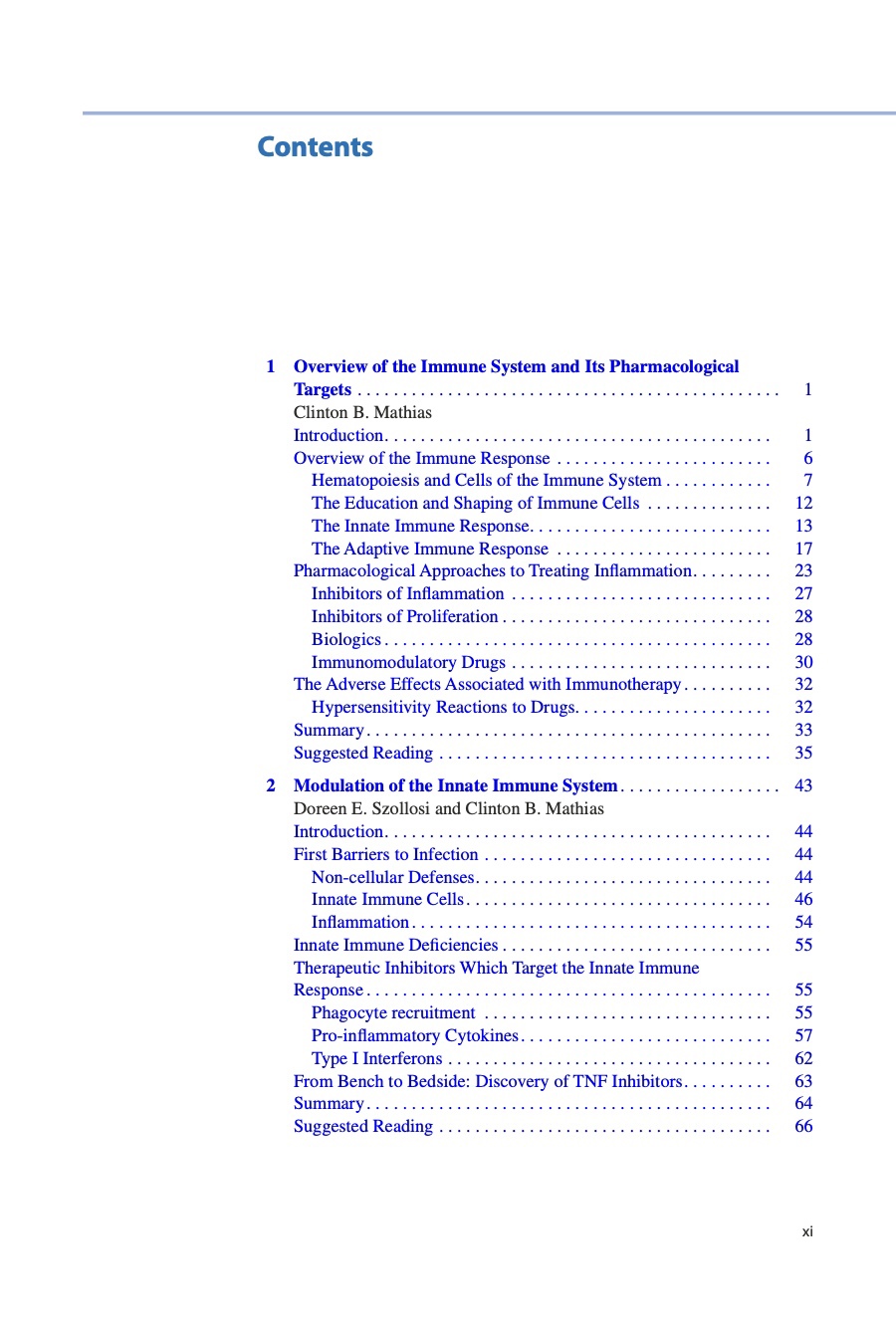
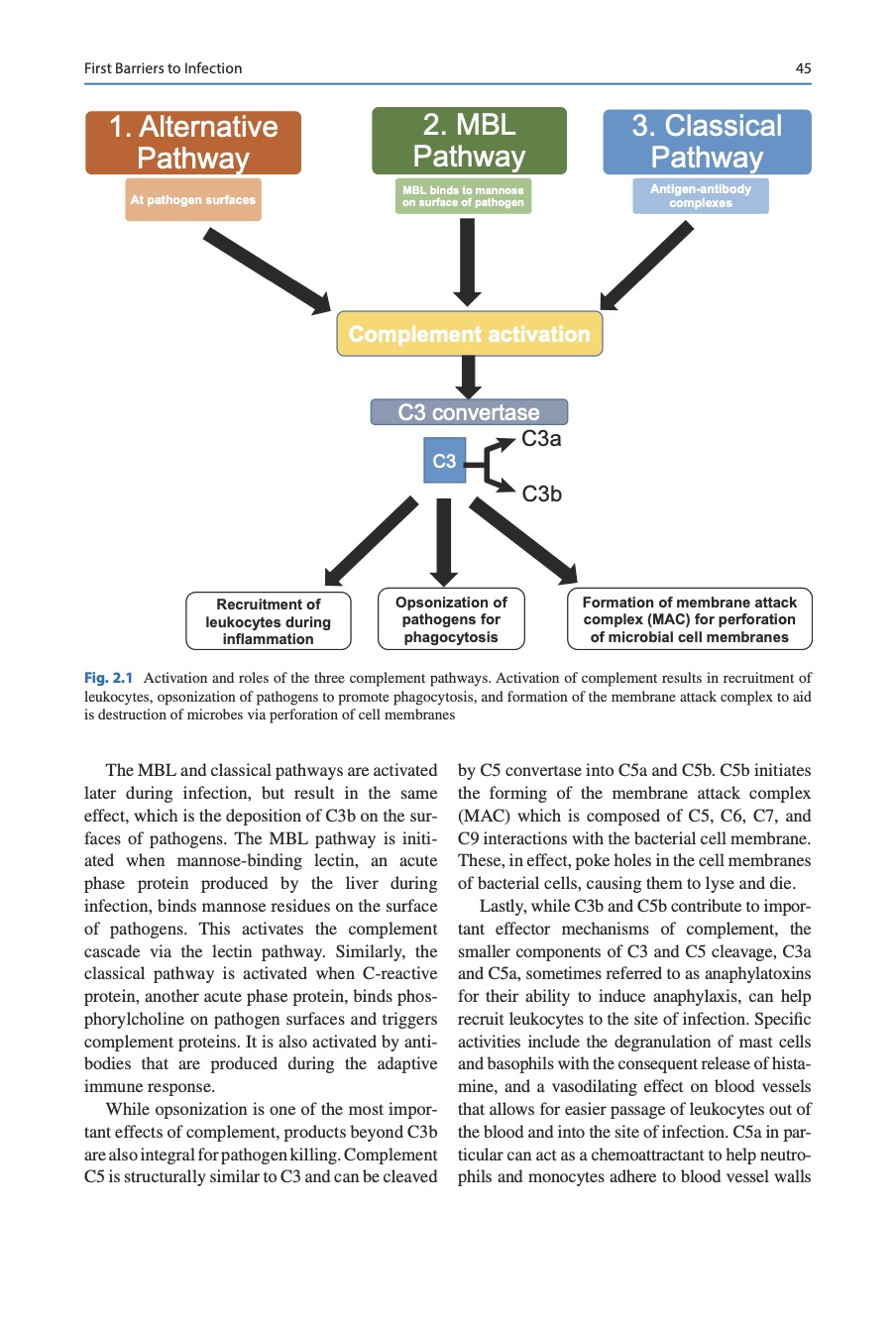
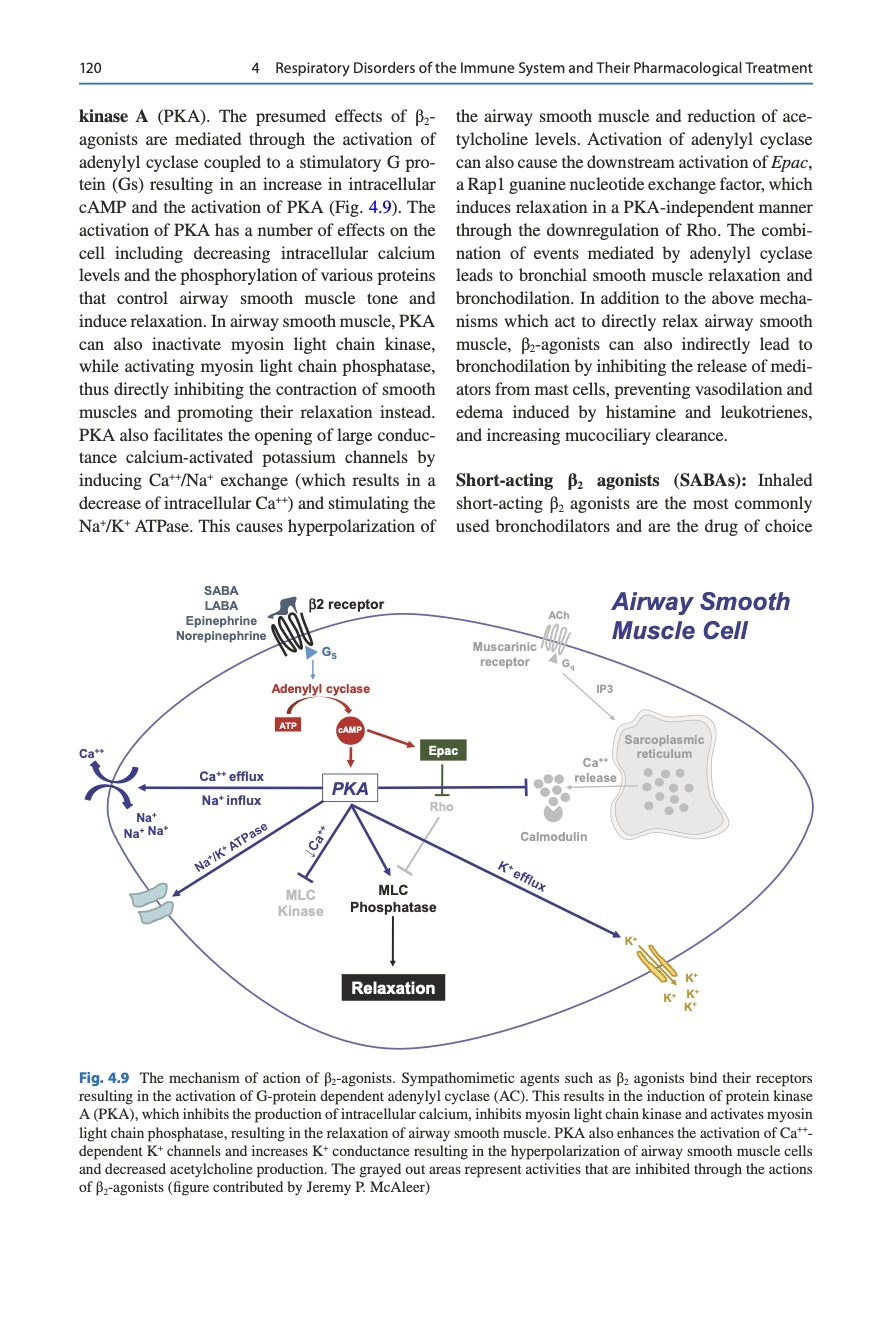
Note : All files uploaded here with reserved copyrights for Medicine-21.com & Dr. Ahmed Hafez
These materials are for personal use and not for commercial use, so avoid copying or transferring these materials to other websites or blogs to avoid being subject to local and international legal accountability.


